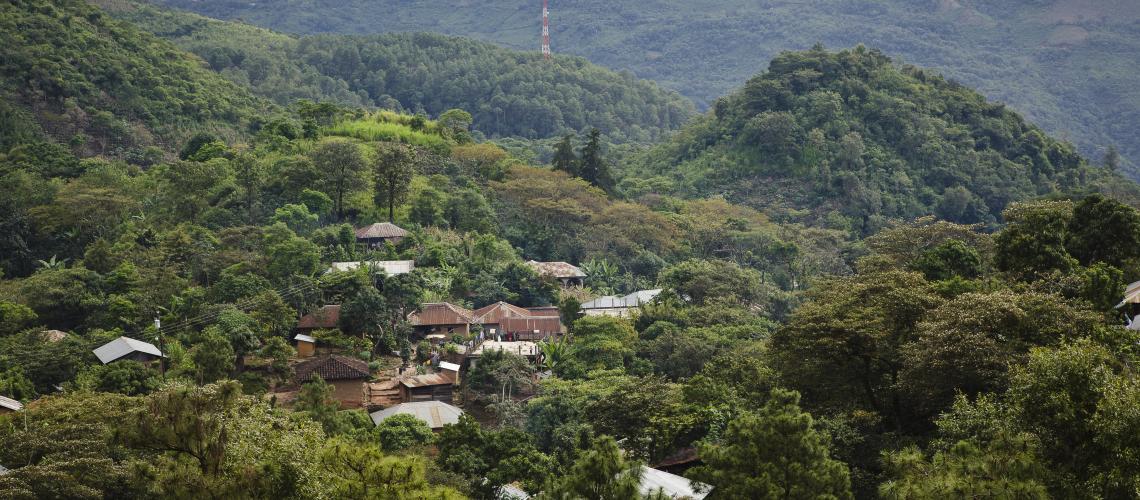
Urbanization is the defining global phenomenon of this century. For the first time in history, more than half the world’s population lives in urban areas. Between 2000 and 2030, in developing countries, the urban population is expected to double, and entire built-up areas are projected to triple if current trends continue. This rapid demographic and spatial transformation may prove to be difficult for cities in developing countries, especially small- and medium-sized cities, where capacity is typically inadequate to cope with major urban challenges. These challenges include climate change, resource scarcity, slum growth and increased poverty, and safety and security concerns. Urban land use planning, if led by well-informed policies based on sustainable development principles and supported by well-planned and well-managed initiatives, including investments, can help address these challenges. The course aims to: ensure that participants have a functional and integrated understanding of the dynamics of urban land use; and demonstrate how to effectively utilize policies and planning instruments to manage urban growth and achieve sustainable, equitable and efficient development outcomes. The course is composed of the following modules:
- Module 1: Understanding How Land Use Planning Contributes to Sustainable Urban Development
- Module 2: Institutions, Policies and Tools for Effective Land Use Planning
- Module 3: How to Integrate Land Use Planning and Infrastructure
- Module 4: How to Manage Growth in Peri-Urban Areas
- Module 5: How to Promote Local Economic Development through Land Use Planning
- Module 6: Social Equity and Land Use Planning
- Module 7: Climate Change and Land Use Planning
- Module 8: Flood Risk Sensitive Land Use Planning
The course is prepared as an e-learning initiative, with tutor-guided discussions, exercises on strategies, programs and action plans, and self-administered tests. These elements are built into each module, which will also enable participants to share their findings with each other and receive feedback in order to build strong peer networks and a community of practice. The course features a library of case studies that illustrates good practices in sustainable land use planning from around the world.

